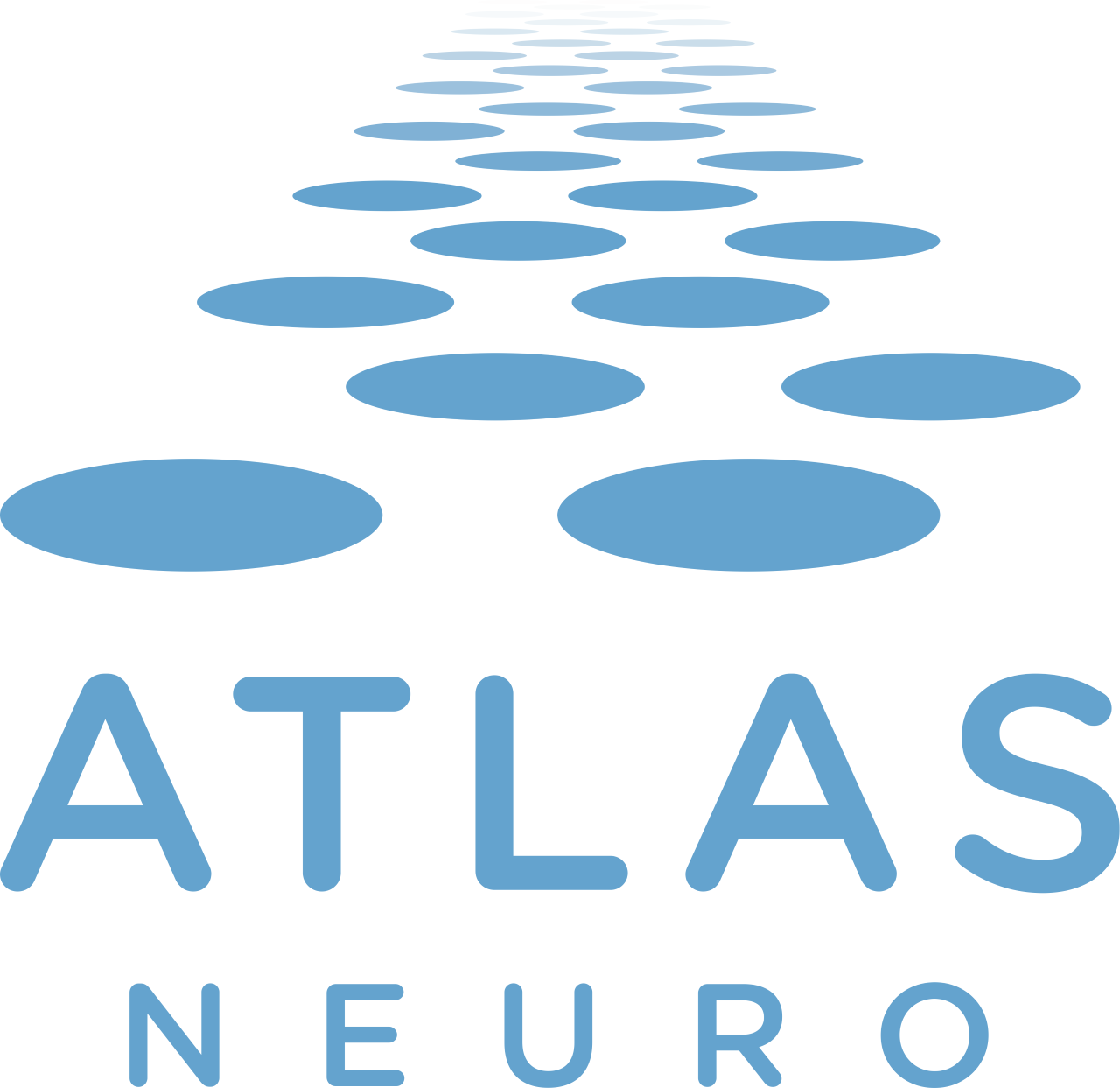Presentation (15) details
Further exploring the automated touchscreen-based mCANTAB device: Testing for motor precision and employing a self-ordered spatial search paradigm
EUROTOX 2024; September 8-11, 2024; Copenhagen, Denmark
Abstract:
- In the early stages of developing drugs that affect the central nervous system, regulatory authorities often request an examination to understand whether the new drug might affect cognitive function or development.
- We have conducted a study that evaluated the effect of scopolamine (used as a reference compound), on Simple discrimination (SD) tasks, which caused learning impairment, as expected.
- In this study, we reported two additional investigations. First, we investigated the precision of touch responses as a potential influence on discrimination performance by evaluating the effect of target size on the performance of animals.
- Second, we assessed whether the self-ordered spatial search (SOSS) paradigm task can be trained under these experimental conditions in parallel to the main discrimination tasks. The period of training was defined by success in discrimination tasks, with the SOSS paradigm trained as feasible within this period.
- The experiment provides evidence that cynomolgus monkeys can be trained in a series of discrimination tasks in parallel with the SOSS task within daily 35-minute sessions.
- Scopolamine disrupted learning without impairing touch response to target sizes, indicating no motoric impairment (Klinkenberg & Bokland, July 2010).
- The training level achieved in the period available for this study (13 to 20 sessions, and 420 to 535 trials for all SOSS conditions) was insufficient to assess pharmacological effects. No effect of scopolamine was found on this basic level of SOSS task, which is consistent with other studies (Taffe, Weed & Gold 25 October 1999; Plakke, NG, & Poremba, 13 June 2008).
















